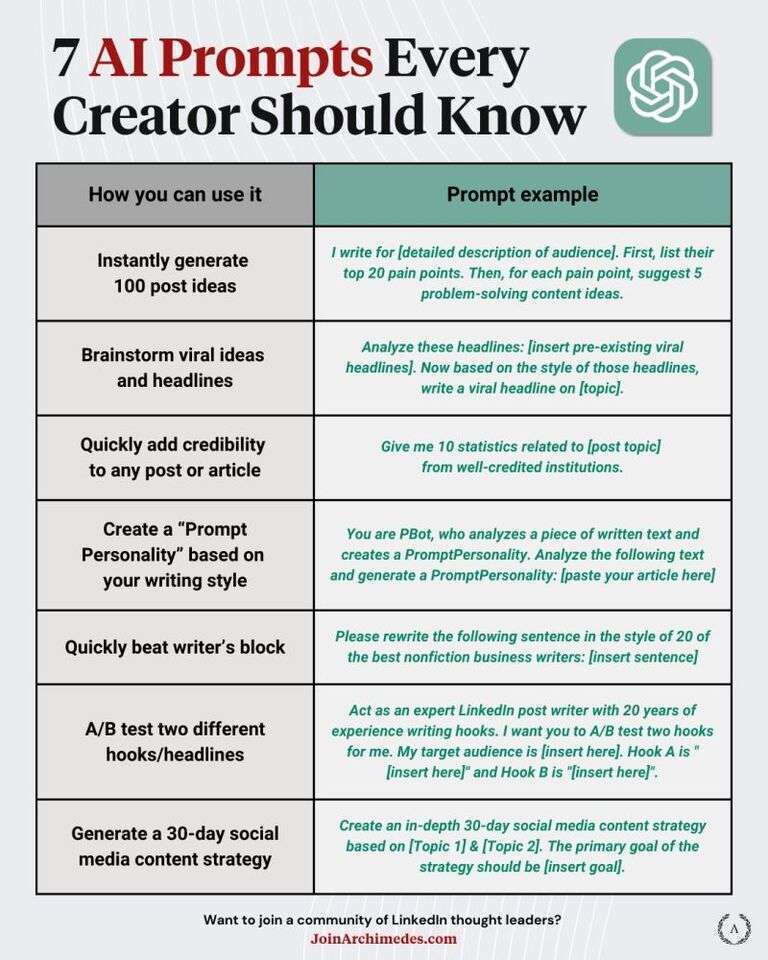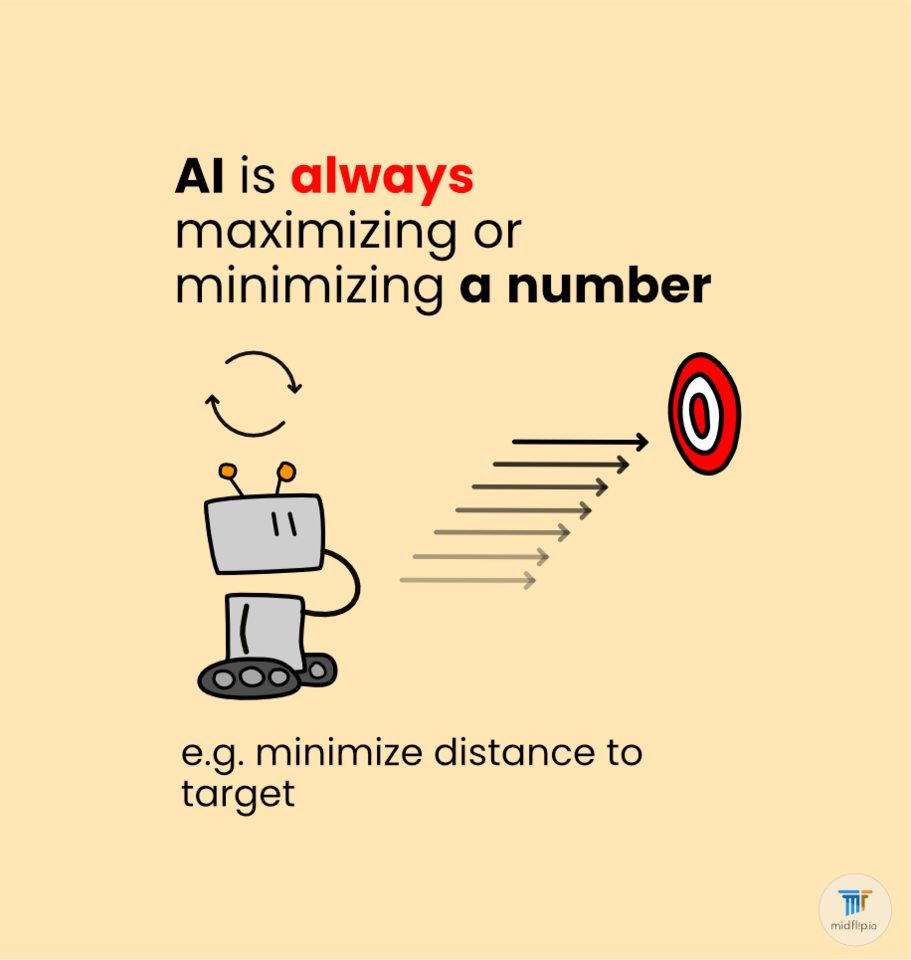Your boss will not tell you that your job is being automated. Your industry will not advertise the trend. Even as you are being let go, the reason will be muddied.
On the other hand, you have people on the internet. Those who cry from the rooftops to get attention. Those who claim the world is ending in order to get clicks. They say (loudly) all jobs are going the way of the dodo!
What is the truth? Is there any certainty?
The rise of AI
AI has already made significant inroads in various industries, from customer service chatbots to robotic assembly lines. The investor class is turning to robots and AI. Companies are investing billions in AI research and development. They do this looking for great return.
And AI is getting very good. It is improving all the time. We are starting to see general agents which can perform increasing sets of actions.
Jobs on the chopping block
Predicting which jobs will be automated first is surprisingly tricky. There are companies trying to automate jobs in pretty much every industry. Remember when we thought art was the last bastion of human creativity?
Here are my thoughts, if you disagree with compelling arguments submit an edit.
Fully autonomous Self Driving - I guess we are approximately 5 years away from mass adoption. Manifold markets have it at 60% chance we get level 5 self-driving by 2030. Will fully autonomous (level 5) self-driving cars be available in a major city before 2030? | Manifold
Simple computer tasks - Imagine AI assistants flawlessly handling tasks like data entry, web searches, basic calculations, or creating presentations. Personal guess - we see models doing this by the end of the year. While rudimentary models might appear by year's end, expect hiccups handling complex or unusual situations. Manifold Markets puts the chance of AI surpassing Level 3 general AI assistant benchmarks at 40% by 2025. Will an AI agent system be able to score at least 40% on level 3 tasks in the GAIA benchmark before 2025. | Manifold
Robotics - Warehouses already hum with robotic activity. Overcoming fine motor skills and dexterity was a large hurdle but we have cleared it. Now its all about the AI within the machine. Now, the challenge lies in advancing the AI within the machines. While these AI can handle broader task sets, they still struggle with intricate edge cases. Manifold Markets places a 35% chance of a reliable general household robot by 2030. Will a reliable and general household robot be developed before January 1st, 2030? | Manifold
Coding - New AI models boast ever-larger context windows, enabling them to process more information at once. This allows feeding entire code repositories into the system. However, coding involves abstract concepts, unconventional workflows, and precise requirements. I believe software engineers will collaborate with AI for some time (though I seem to be the outlier!). Manifold Markets offers a 76% chance of AI generating bug-free projects exceeding 10,000 lines of code by 2029. In 2029, will any AI be able to construct "reasonably" bug-free code of >= 10k LOC from a natural language specification? (Gary Marcus benchmark #4) | Manifold
General intelligence threatens all jobs.
The specter of general artificial intelligence looms large. By definition, general intelligence poses a threat to all jobs. If achieved, it's not a question of "if" your job disappears, but "when."
Looking at the estimates above, the next decade or two might witness a significant job exodus. Even if you're fortunate to predict the most resilient jobs, expect fierce competition from displaced workers across industries. This could lead to a dramatic drop in global labor costs.
What do we do?
The common refrain is "skill up!" – hone your critical thinking, emotional intelligence, or any skill deemed unautomatable. But this advice overlooks the bigger picture. We're not just competing with robots; we'll be competing with a tidal wave of displaced workers. This will inevitably lead to a steady decline in the value of labor, squeezing everyone except the top earners.
The best bet is that you, and me, and everyone around, start organizing. We need intelligent crowds that can make smart decisions and political demands. Why? Because automation isn't just about jobs; it's about a massive power shift. A new aristocracy is likely to emerge – those who own the robots, the new means of production.
To ensure a positive future, a countervailing force must rise within the public sphere. We need a voice that ensures governments act for the common good, not simply the interests of this new elite.



Hot comments
about anything